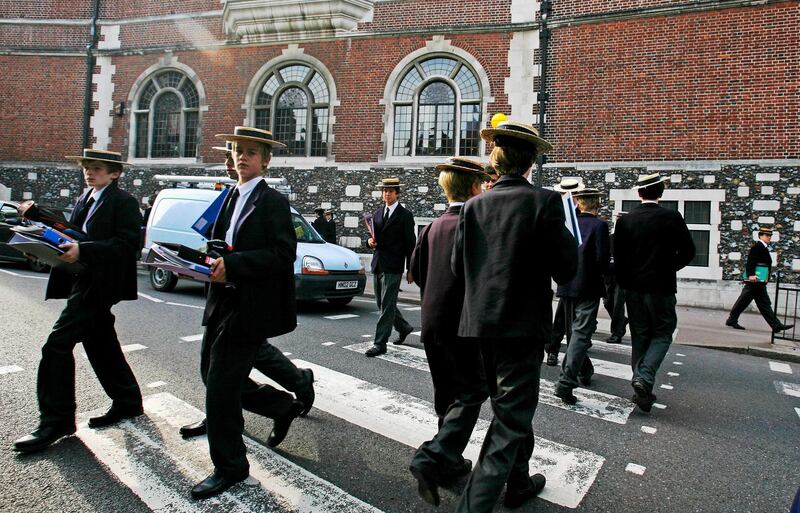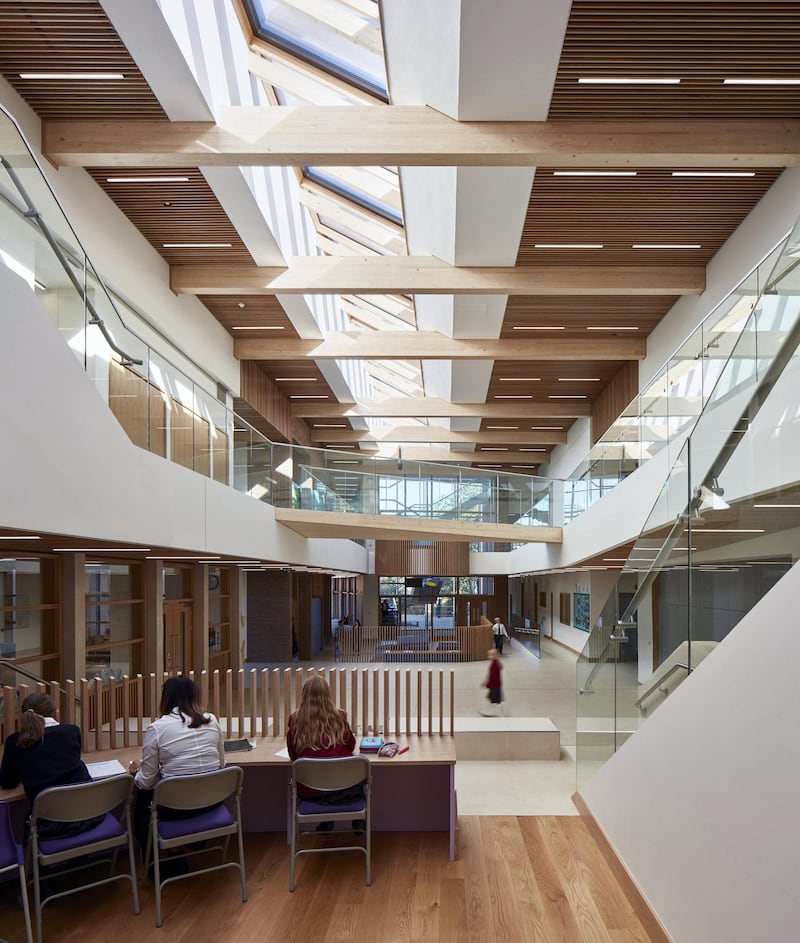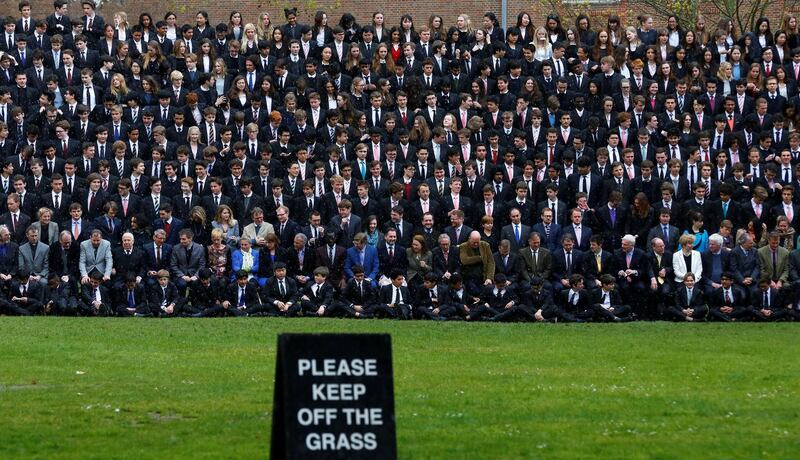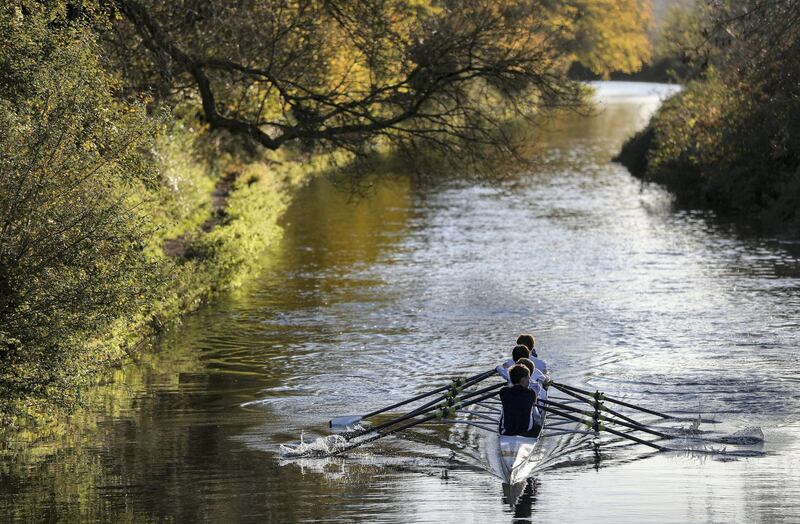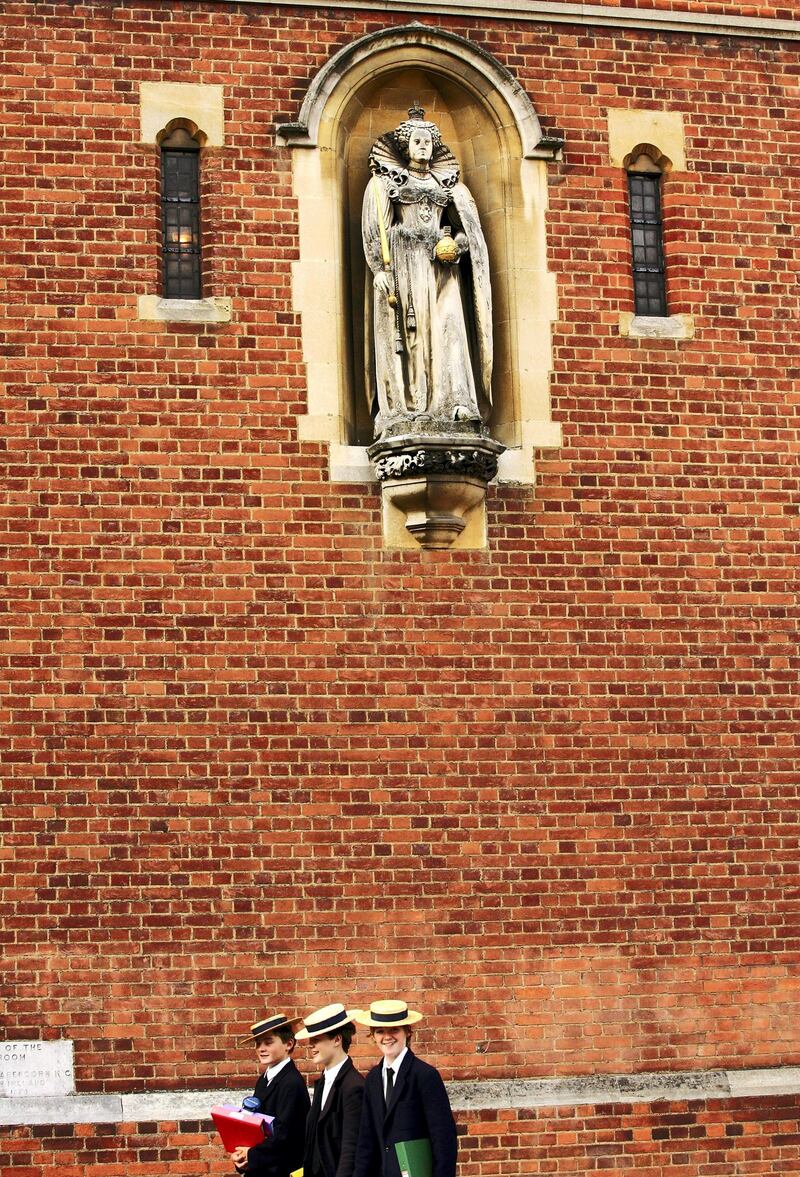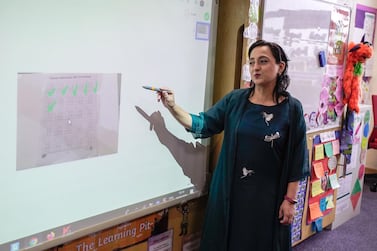When British Prime Minister Boris Johnson was foreign secretary there was a standard line in his speeches that the country's soft power derived from the fact that one-seventh of all the world's kings, presidents and prime ministers were educated in the UK.
In part this was due to the fee-paying public school sector offering boarding places to the global elite, not just to learn to read or add figures but to benefit from an ethos, culture and tradition that was uniquely English.
The news that Mr Johnson's own preparatory school, where the youngster who had declared his ambition to be "world king" was taught, was to shut comes amid the most severe shock the school system has faced in living memory.
Teachers and administrators point with pride to how the schools adapted, often far better than their state counterparts, to remote learning as the country went into lockdown over the coronavirus outbreak in March.
However the fees charged by day schools and their live-in counterparts – an estimated 70,000 pupils were in residential boarding schools before the pandemic – are difficult to justify for a course of lessons delivered on a screen. The personal elements of teachers, sport, music facilities and the opportunity to make valuable friendships that last a lifetime cannot be delivered remotely.
Ferdinand Steinbeis, director of a boarding-school consultancy, von Bülow Education, told The National that while parents were largely happy with how schools reacted to the lockdown, they are far more conditional about signing up for next year. Many schools had offered reductions in the summer term fees and were actively communicating next year's charges would not increase.
The concerns of parents went beyond financial considerations, he added. "This term the schools have been able to offer remote learning at very short notice," he said. "It is completely out of the question for next year. Unless the schools can guarantee they will open their physical gates, our parents won't be signing up for a glorified online experience."
@InquiryCSA
— Joanna Brittan (@jebrittan2) June 2, 2020
Truly shocking statement issued today by Cothill Trust, owners of Ashdown House, in view of the REAL history of CSA
1/
‘Beardmore-Grey described it as a “prestigious school, rich with heritage and tradition. There is no doubt that it will behttps://t.co/oTseuHILlh https://t.co/Et54A3WsR8 pic.twitter.com/gdEfYBC9y1
"Digital platforms are not an alternative to the classic boarding school analogue offer but I'm pretty sure something attractive and sustainable is going to come out of this situation."
Looking ahead, Diana Morant of William Clarence, an advisory educational firm, said the outlook was mixed with strong demand from their clients in the UAE and elsewhere for day school place in London in particular. The traditional boarding school was facing different questions.
"It is not clear yet whether boarding schools will reopen in full," she said. "Schools are doing their best to be as open as possible in communications with parents and new parents for September. Boarding schools for example can offer their own quarantine space for returning or new international pupils."
We spent many happy years visiting Ashdown House for rugby & cricket matches v our son’s school. Sad to see this happening & it won’t be the only school. I really don’t think people realize how destructive the situation is that we are in. We have to really push back and open up.
— Helena Morrissey DBE (@MorrisseyHelena) June 1, 2020
Priti Patel, the British Home Secretary, announced on Wednesday that new arrivals in the country would be asked to observe quarantine for 14 days to lessen Covid-19 transmission risks. The restriction starts June 8 and will be rolled over every three weeks.
A report in the industry newspaper estimated that the 30 per cent of the country's independent schools, which can charge for tuition and other services but receive no state support, would shut down like Mr Johnson's Ashdown House. At least 15 had already made the decision to close.
"The schools that are most likely to struggle are those which were facing issues before the virus came along," Chris King, chief executive of the Independent Association of Preparatory Schools, told the Times Education Supplement. "So those which had not recognised the state of the market in front of them, and were poorly governed and managed – those are the schools who are really going to struggle now that they're faced with everything that's happening with the virus outbreak."
For Mr Steinbeis the reputation of English fee-paying public schools will ultimately keep the best institutions going through the crisis.
"The boarding school that families are signing up to offer good academic teaching and cultural experience with a mix of international students and the opportunity to mix with Brits," he said. "I don't think there is an alternative to the broad experience offered by the boarding school."
